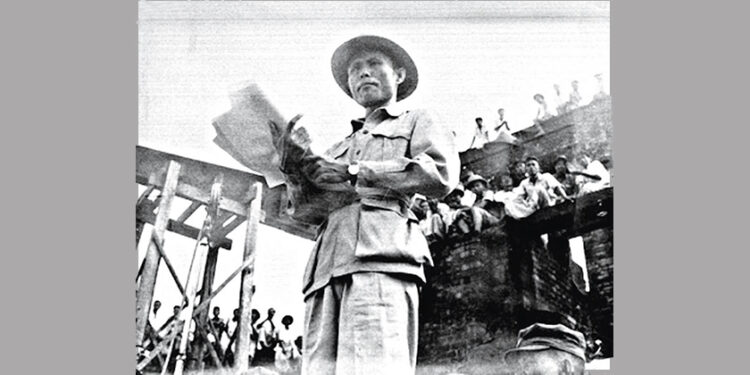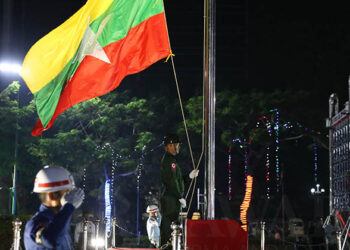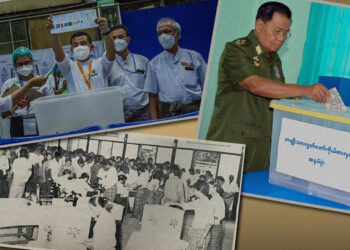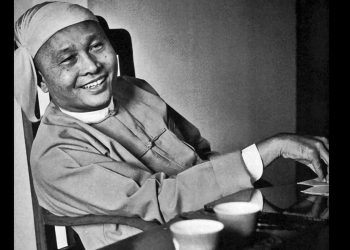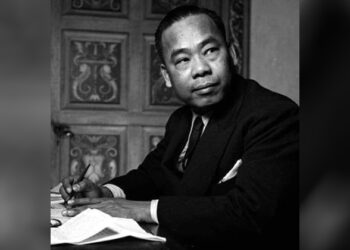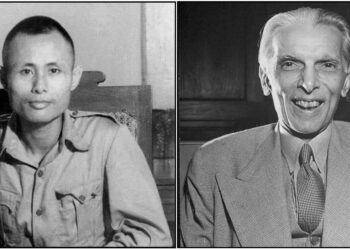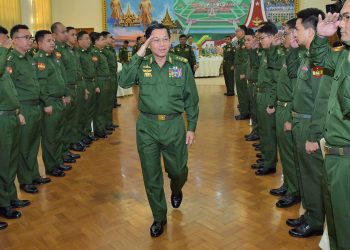YANGON—On this day in 1945, the Nay Thurein Meeting—the first political mass meeting in Myanmar’s postwar history—was held in Yangon, four days after Japan surrendered in World War II.
Thousands of people, emboldened by anti-fascist movements, attended the meeting, during which the Anti-Fascist People’s Freedom League (AFPFL), led by General Aung San, raised objections to a white paper issued by Winston Churchill’s government that proposed independence for Burma but as a dominion within the British Commonwealth.
Urging citizens to take an active part in national reconciliation and nation building, the AFPFL called on the colonial government to grant it greater representation in a government dominated by the British and pro-British Burmese politicians.
It also called for the re-establishment of a Myanmar military, the size of the country’s armed forces having been largely reduced during Japanese occupation, and for the drafting of a new constitution by the Parliament of newly-elected lawmakers; under British colonial rule, lawmakers had been directly appointed by governors.
With popular support from the people, the AFPFL achieved these objectives within two years—except national reconciliation. However, national unity was shattered following the death of independence hero Gen. Aung San in an assassination plot believed to be orchestrated by the British.
You may also like these stories:
Marking the Death of a Karen Revolutionary Leader
The Day Independent Myanmar’s 1st Charter Began to Take Shape
Dr. Ba Maw, Facilitator of Myanmar’s Struggle for Independence
The First of a Succession of Myanmar’s Failed Economic Plans


